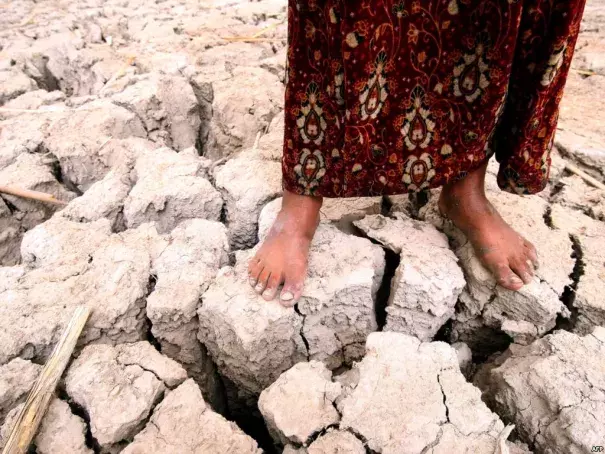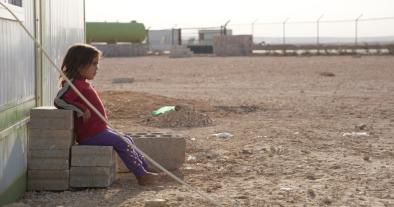Is a Lack of Water to Blame for the Conflict in Syria?

GRACE measured groundwater usage between 2003 and 2009 and found that the Tigris-Euphrates Basin—comprising Turkey, Syria, Iraq and western Iran—is losing water faster than any other place in the world except northern India . During those six years, 117 million acre-feet of stored freshwater vanished from the region as a result of dwindling rainfall and poor water management policies. That’s equal to all the water in the Dead Sea. GRACE’s director, Jay Famiglietti, a hydrologist at the University of California, Irvine, calls the data “alarming."
In Syria, a devastating drought beginning in 2006 forced many farmers to abandon their fields and migrate to urban centers. There’s some evidence that the migration fueled the civil war there, in which 80,000 people have died. “You had a lot of angry, unemployed men helping to trigger a revolution,” says Aaron Wolf, a water management expert at Oregon State University, who frequently visits the Middle East
Related Content



